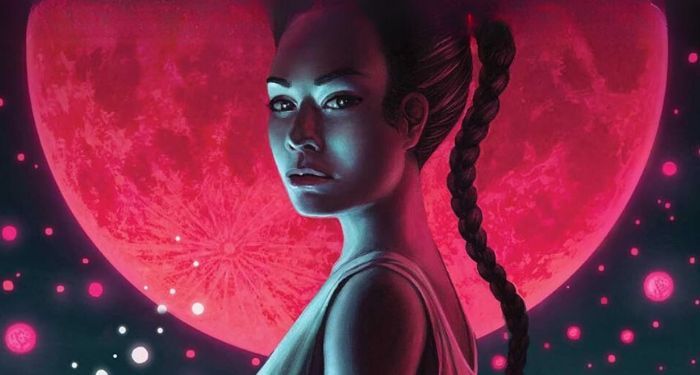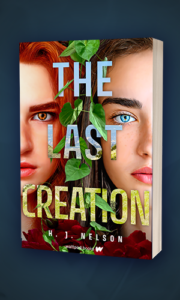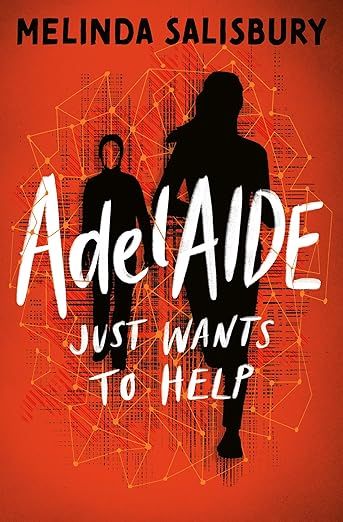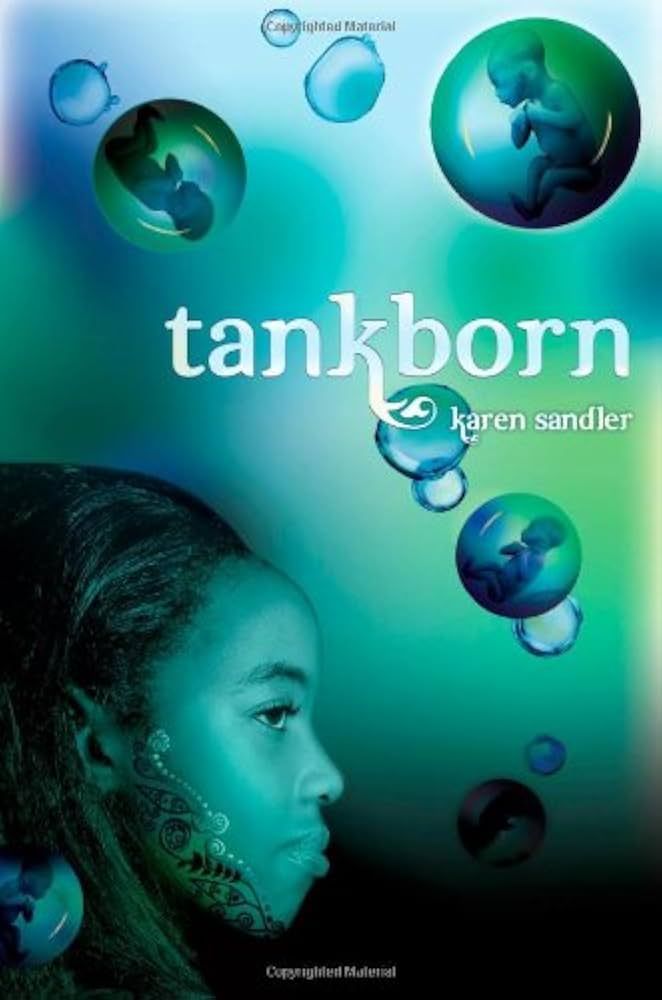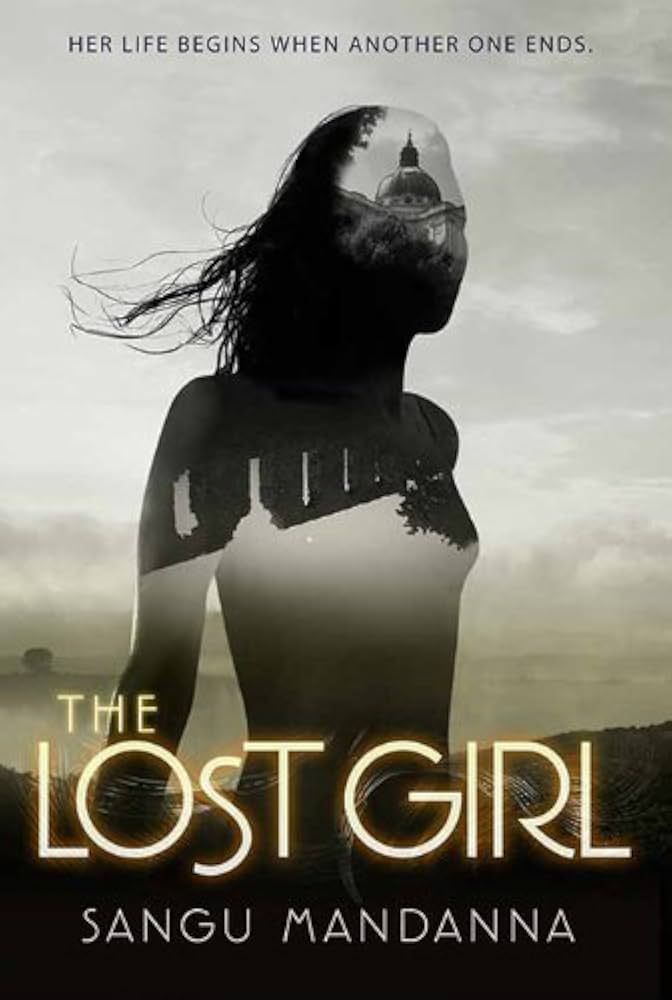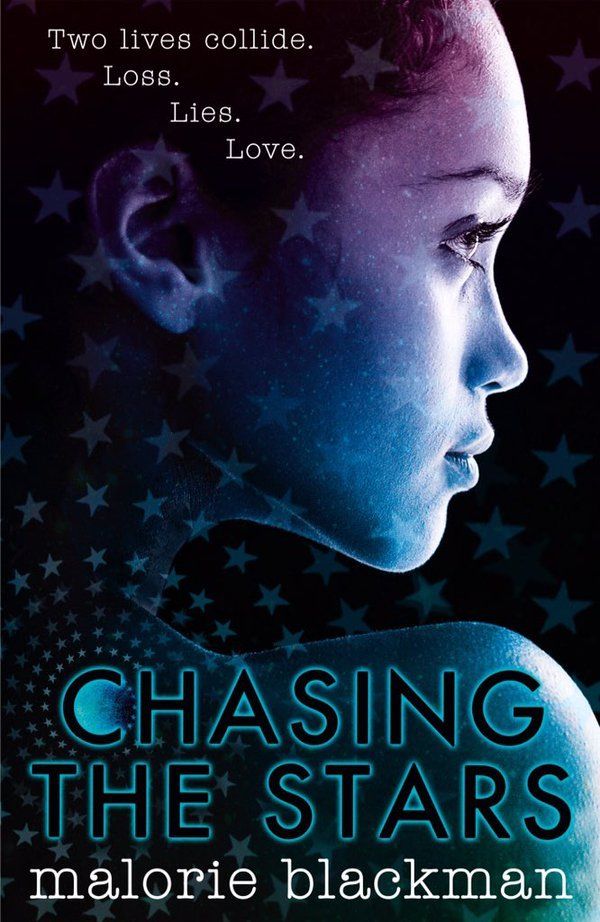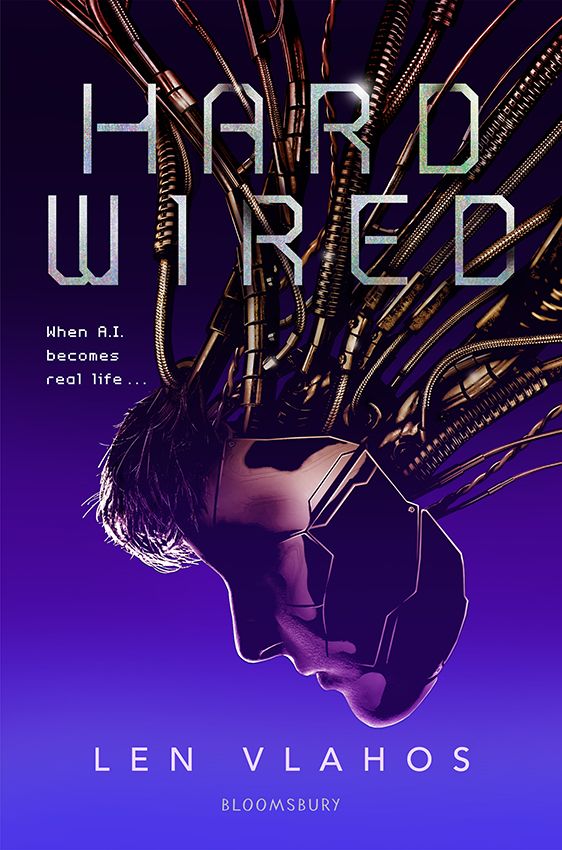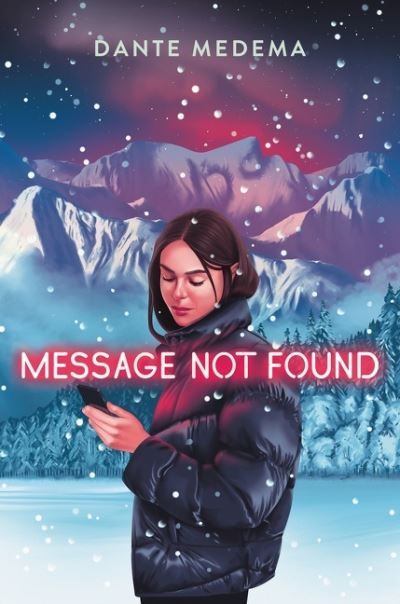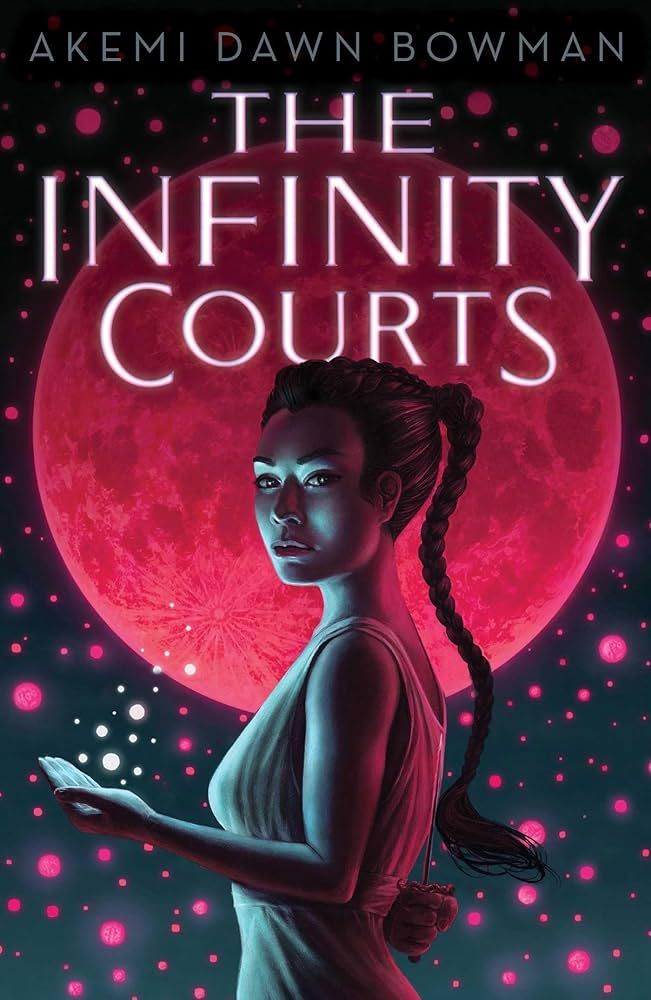Technology is embedded in our everyday lives. The vast majority of people, especially young people, have access to the kind of technology that just 50 years ago was unimaginable. Nearly all of us carry a device with more processing power than it took to put people on the moon, and we have the option to film, research, record, and track the minutiae of our lives in a way that has never been possible before. As with every advance in technology, there are plenty of people preaching doom about the impact of new tech on society, and particularly on teens. Looking realistically at the way technology has developed, it’s clear that there are many advantages and disadvantages, and that the impact of tech is often in the way it is used rather than the technology itself.
Unsurprisingly, YA writers have used the questions about new technology — and the moral panics about teens using it — as inspiration for many sci-fi stories. Some types of fictional technology, such as self-aware AI individuals, clones of humans, and other technology that blurs the boundary between human and machine, are still the product of people’s imaginations — but perhaps we’re closer than we think to a world where many of these things could be real. Here are some of the best YA books that feature human-like technology, from clones to robots, artistic AIs to mystery-solving chatbots.
AdelAIDE: Just Wants to Help by Melinda Salisbury
This dyslexia-friendly novella tells the story of a home-assistant robot whose help turns harmful. Freya is a teenager who loves the environment but is consumed with jealousy that her former best friend, Hye-jin, is a more successful online pro-environment influencer than she is. Freya’s stepdad brings home a new device, AdelAIDE, an AI who can help with anything — including getting more attention for Freya’s online profile. AdelAIDE’s advice gets results but leads Freya down a dangerous path, and she soon finds herself in deeper trouble than she ever expected.
Tankborn by Karen Sandler
In this dystopian story, society is split into two tiers; “trueborn” people, who are considered fully human with all the rights implied by this status, and tankborn people, or “Genetically Engineered Non-humans” — clones — who are forced to work for trueborns. Kayla and Mishalla, two tankborn girls, know that their friendship will end when they are sent to their respective Assignments; but as they learn more about the trueborn families they are serving, the girls realise that there is something even more sinister at the heart of their society.
The Lost Girl by Sangu Mandanna
Sangu Mandanna’s debut novel follows Eva, a girl who was created as an ‘echo’ — a copy of a person, designed to take their place if they die. Eva’s ‘other’ is Amarra, and Eva has spent her entire life learning everything about how Amarra lives, acts, and interacts with her family and friends. When Amarra dies in a car crash, Eva is parachuted into her life but soon finds that stepping into Amarra’s shoes is more difficult than she thought, and she has to choose whether she wants to continue living as an echo, or strike out on her own.
Chasing the Stars by Malorie Blackman
Chasing the Stars has everything a sci-fi fan needs: dangerous journeys through uncharted space, scrappy spacefarers surviving disaster, and androids so realistic they seem almost human. Following the story of two teens who meet unexpectedly when their ships pass in the far reaches of space, Blackman’s YA sci-fi is a love story, murder mystery, and far-future epic all in one.
Hard Wired by Len Vlahos
Quinn’s world is turned upside down when, after following some strange clues, he “wakes up” and realises that, rather than being an ordinary teenage boy, he is, in fact, a highly advanced AI. Discovering that the man he believed was his father is actually the scientist who created him, and that all he has to look forward to is a lifetime of experimentation, Quinn is determined to escape and set out on his own.
Message Not Found by Dante Medema
Message Not Found is a heart-rending look at friendship and grief, with a techy edge. Bailey, mourning the sudden death of her best friend Vanessa, uses their years of messages to train a chatbot so she can recreate the feeling of talking to her friend. However, Bailey’s grieving process soon leads into a mystery, as the bot starts sending messages that suggest Vanessa’s death may not have been an accident.
The Infinity Courts by Akemi Dawn Bowman
The question of AI reproductions of human consciousness is a thorny ethical dilemma, and The Infinity Courts looks at what might happen in a potential future where technology allows human minds to be preserved after physical bodies die. Nani, a teen girl who is murdered just as it seems her life is going perfectly, finds herself in a virtual afterlife where a popular AI assistant, Ophelia, has gained immense power — and is close to breaking out of said afterlife and taking her revenge on humanity.
Pixels of You by Ananth Hirsh, Yuko Ota, and J.R. Doyle
In this graphic novel, we follow two girls living in a hi-tech near future where cybernetics and AI are a commonplace part of life. Indira, who has had many parts of her body replaced with cybernetics following an accident, and Fawn, an AI with a human appearance, are rivals in their photography internship. Forced to work together after a disastrous argument, the two girls realise they have more in common than they thought.
Want more techy YA? Try our recommendations from 6 of the Best YA Books About Teens Embedded in Technology. For more looks at the impact of some aspects of new tech, try YA Books that Explore Social Media and Online Fame.

